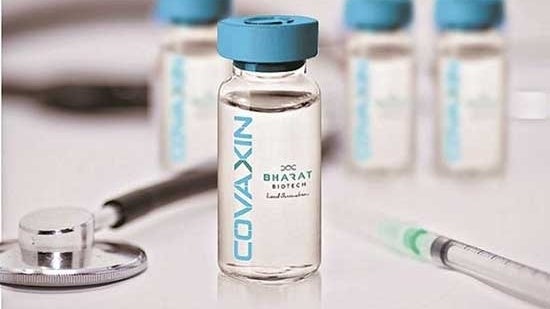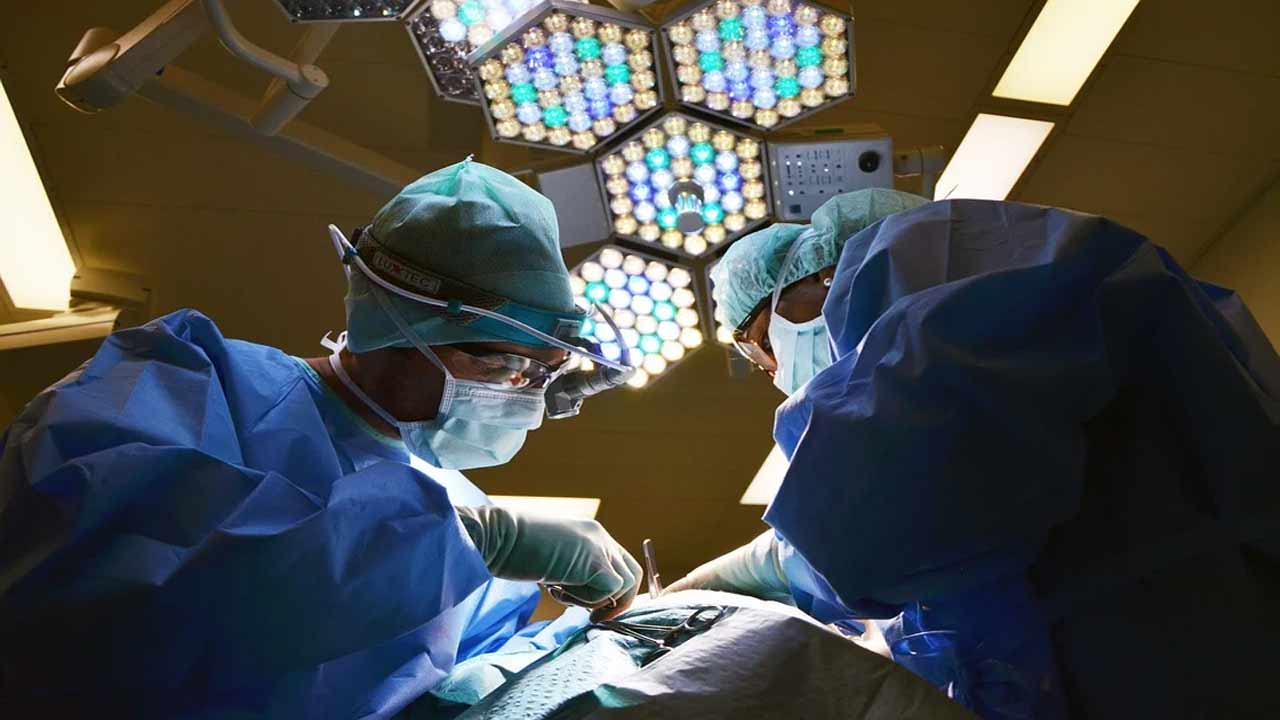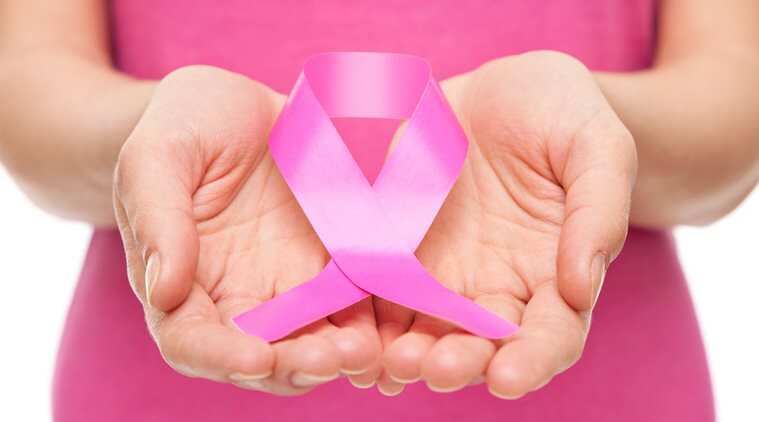The World Health Organisation on Monday said it was expecting additional information from India’s Bharat Biotech regarding its coronavirus vaccine Covaxin and also declared that it “cannot cut corners” before recommending a vaccine for emergency use.
The global health agency also focussed that it must evaluate a vaccine carefully in order to make sure it is “safe and effective”. Hyderabad-based Bharat Biotech, which has developed Covaxin, had submitted EOI (Expression of Interest) to the WHO on April 19 for the vaccine’s Emergency Use Listing (EUL).
In a series of tweets, WHO said, “we are aware that many people are waiting for WHO’s recommendation for Covaxin to be included in the #COVID-19 Emergency Use Listing, but we cannot cut corners – before recommending a product for emergency use, we must evaluate it thoroughly to make sure it is safe and effective.”
We are aware that many people are waiting for WHO’s recommendation for Covaxin to be included in the #COVID19 Emergency Use Listing, but we cannot cut corners – before recommending a product for emergency use, we must evaluate it thoroughly to make sure it is safe and effective. pic.twitter.com/GDx8GAc1KU
— World Health Organization (WHO) (@WHO) October 18, 2021
WHO Is Expecting More Information
On rolling basis Bharat Biotech has been submitting data to WHO and the experts have also reviewed these data. “WHO is expecting one additional piece of information from the company today,” it said. “When the information provided addresses all questions raised, WHO and the Technical Advisory Group will complete the assessment and come to a final recommendation whether to grant EUL to the vaccine,” it said.
WHO said the timeframe for its EUL procedure is dependent on how snappily a company, producing the vaccine, is suitable to give the data needed for WHO to estimate the vaccine’s quality, safety, efficacity, and felicity for low-and middle- income countries. The WHO’s tweet came a day after its principal scientist Soumya Swaminathan said that the agency’s specialized premonitory group will meet on October 26 to consider the exigency use table of India’s Covaxin which is being used in the country’s civilanti-COVID-19 vaccination programme.
“The technical advisory group will meet on Oct 26th to consider EUL for #Covaxin. @WHO has been working closely with @BharatBiotech to complete the dossier. Our goal is to have a broad portfolio of vaccines approved for emergency use & to expand access to populations everywhere,” she said. Bharat Biotech last month said it has submitted all data pertaining to Covaxin to the WHO for EUL and is awaiting feedback from the global health watchdog.
“#COVAXIN clinical trial data was fully compiled & available in June 2021. All data was submitted for EUL application to WHO in early July. We have responded to any clarifications sought by #WHO and are awaiting further feedback,” it said in a tweet.
“We are diligently working with the WHO to obtain EUL at the earliest,” the company added. Covaxin is one of the two anti-COVID vaccines used by India in its vaccination drive across the country.
Earlier this month, WHO had said in a tweet that Bharat Biotech “has been submitting data to WHO on a rolling basis & submitted additional info on 27 September. WHO experts are currently reviewing this info & if it addresses all questions raised, WHO assessment will be finalized next week.” Rolling data allows the WHO to start its review right away, as information continues to come in, to accelerate the overall review process.
WHO’s Technical advisory group will meet on Oct 26th to consider Emergency Use Listing for #Covaxin. Our goal is to have a broad portfolio of vaccines approved for emergency use & to expand access to populations everywhere: Dr Soumya Swaminathan, WHO’s Chief Scientist pic.twitter.com/7cEeLY4c52
— All India Radio News (@airnewsalerts) October 17, 2021
The submissions for pre-qualification or listing under the EUL procedure are confidential, and if a product submitted for assessment is found to meet the criteria for listing, WHO will publish the results widely, according to WHO.











